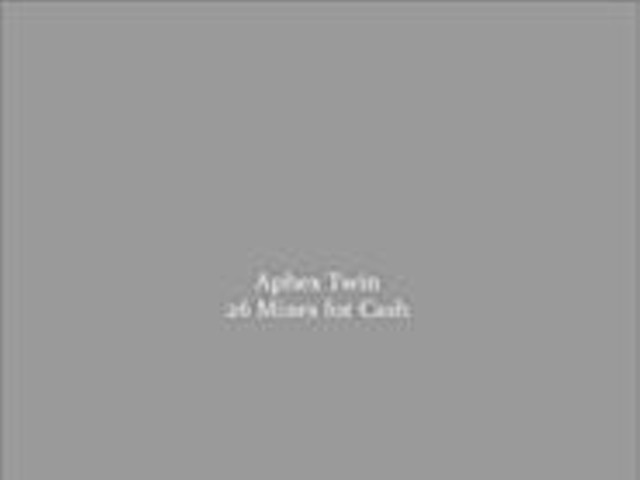You trust Cash because she doesn't pretend to have all the answers; it's appropriate that the disc's titled Rules of Travel, because she's always been like a voyager doling out tips about places she's visited. That's why her divorce album (Interiors) remains among the best ever made on the subject; she wasn't shy about showing you the (downward) slide show, because she was more than happy if you learned from her sad mistakes. Rules of Travel is yet another travelogue filled with clues for the clueless explorer lost on the voyage; it may be dolled up in metaphor, but it's not so obscured you can't figure out the instructions. She visits the "Western Wall," in which she stuffs prayers on tiny sheets of paper; is "Closer Than I Appear," and not in the rearview mirror; in the title song instructs a lover how to traverse no less rocky terrain than the human heart; and makes one "Last Stop Before Home," to a place where fairy tales have unhappy endings.
She's good with visuals and even better at being visceral because hers is the kind of featherbed voice that cajoles with a deceptive coo; she sounds soft, but you know she'll take nothing from no one. The guests -- Steve Earle, Sheryl Crow, Teddy Thompson -- dress the windows but don't quite open the door; Earle gets the duet ("I'll Change for You," they broken-promise each other), and the others harmonize with an angel, no hard thing. Of course, the centerpiece is the song ("September When It Comes") with papa Johnny, who's become fond of addressing his mortality in song and video; here, father and daughter sing of doors closing on old memories and clocks counting down to final seconds. "When the shadows lengthen/And burn away the past/They will fly me like an angel to/A place where I can rest," sing the two Cashes, voices intertwined like the fingers of holding hands. But this time, it is the daughter who reaches out to help up the parent who has stumbled, only not yet fallen; she says her piece, he makes his peace, and together they keep moving on toward uncharted places.





